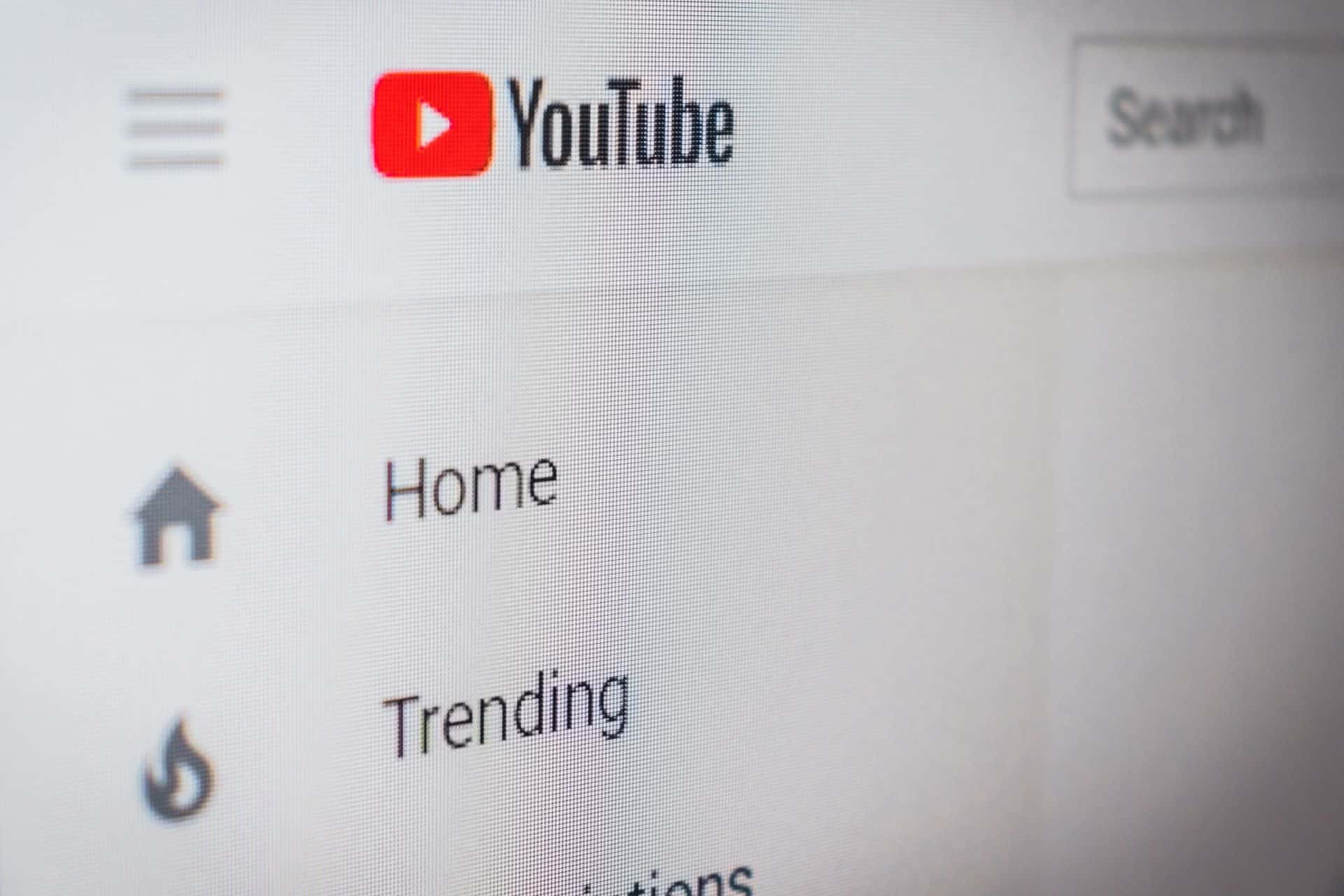YouTube keywords and Google keywords – what exactly makes them different?
Google happens to own the two biggest search engines in the world: Google and Youtube.
- Google has 4.3 billion global users, which accounts for 92.24% of the market share.
- As of April 2023, YouTube boasts an extensive user base of over 2.527 billion individuals worldwide.
So, advertising on these channels would be a no-brainer, but when marketers first start out with ad optimization, they quickly realize Google keywords don’t work the same way on YouTube, and vice versa!
The two search platforms have a lot of prominent differences.
If you’ve been scratching your head over the difference between how people search for things on YouTube instead of Google, this post will help!
YouTube vs. Google:
Not the Same Thing
The keywords you use for Google ad campaigns and in your organic content should not be the same as the ones you use on YouTube. The reasons for this are simple.
Here’s an example to show you what we mean:
Ernest is an internet-user.
He has bookmarks of the online places he visits and is a savvy-enough person to cross-reference businesses and products before purchasing them.
When he has to research what to buy, he goes onto trusty Google.
Today, Ernest is looking for telescopes.
He types into Google, “good amateur telescopes” and “best telescopes.”
For a telescope seller like the Canadian Telescope Store, these are keywords that they have chosen to use in their Google Ads. Predictably, their ad pops-up in the search results for Ernest.
The same Canadian Telescope Store has also made a brand video on Youtube, promoted using the same keywords from Google.
Ernest now has a nice list of models that have been highly recommended on Google by credible sites and experts. He nips over to YouTube to get to the heart of which model to buy.
After all, 80% of internet traffic ends up using video search.
Does he use the same keywords? No!
Instead, he types in specific phrases like ‘Starwatcher 40070 review’ to hear an expert discuss the ins and outs of a model he might buy.
Earnest doesn’t look at the Canadian Telescope Store’s branded content.
To convert Ernest on YouTube, using the same keywords and ad strategy that they used on Google is pointless.
Ernest has moved on, and they have lost a lead!
#1: Google & Youtube Keywords Have Different Functions
Google is a search engine for the internet, while Youtube is a video search engine.
Ernest starts out using Google as always, and does some general research there. He clicks to the Canadian Telescope Store and likes what he sees. But he’s not ready to buy just yet.
If the store’s landing page fails to convert Ernest, his search moves to YouTube – a much more dynamic medium for educating and converting buyers – and getting expert advice.
- Google’s function is to help you find what you’re looking for
- YouTube’s function is to show you something that educates or entertains you
The algorithms on each platform are different. This changes the keywords that should be used on each platform.
Ernest uses Google to find the right products, but he uses YouTube to find videos to narrow down his choices. Video teaches more than search does, that’s why it’s more specific.
#2: Google & Youtube Keywords Motivate Different Intent
The best Youtube keywords will be based on Ernest’s search intent. He now knows what to investigate, and so his intention is to gain a decent context on specific telescopes to make an informed decision about what to buy.
He does this using much narrower, much longer keyword terms, or perhaps he navigates to a known channel to hear from a trusted expert in the field.
#3: Google & Youtube Keywords Attract Different Audiences
YouTube content is meant to entertain. Google content must be entertaining to a degree, but it’s mostly to inform, educate and sell.
If an ad is super entertaining, people don’t even care it’s an ad. Two of YouTube’s top 10 videos of 2018 were ads. You better believe they sold a lot of products!
YouTube keyword research should be based on what a consumer wants to learn to DO. In this case – product reviews would carry more weight than any YouTube ad with a branded message. And it’s because they will teach the consumer how to buy the best telescope.
Audiences on YouTube want to watch and learn. You are far more likely to get through to your audience using content marketing as a storytelling tool.
The Canadian Telescope Store should have focused on how to find keywords for a combined ad strategy with content strategy according to SEO keyword insights – or using Google Ads in combination with YouTube content to close the sale with Ernest.
So Google is for awareness, while YouTube is really for trust-building, entertainment and closing the deal. If the Canadian Telescope Store had experts online reviewing products for Ernest, chances are – he would buy from them.











